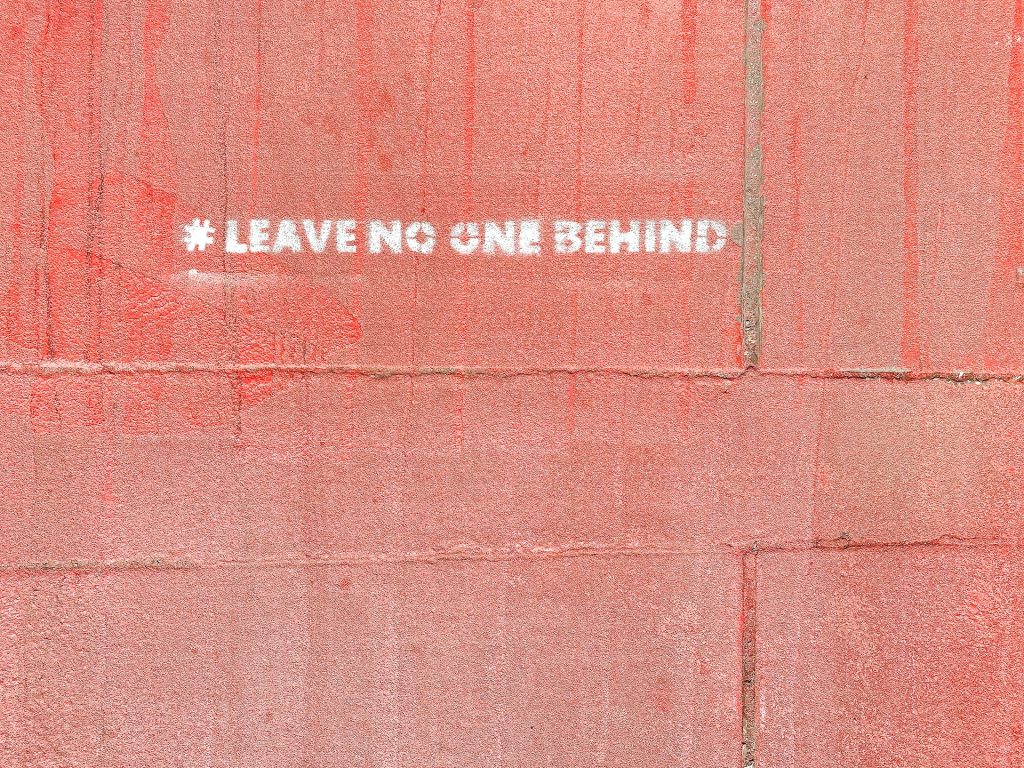 2022 saw a lot of local coverage in social justice, and per end-of-year traditions, a brief recap seems only fitting.
2022 saw a lot of local coverage in social justice, and per end-of-year traditions, a brief recap seems only fitting.
While by no means exhaustive, below is a small sampling of social justice-related topics and happenings that have been covered by The Corvallis Advocate this year that have (arguably) stood out in particular.
Going Beyond Indigenous Land Acknowledgments CitySpeak: Hosted in July, this Corvallis Advocate CitySpeak listened to the perspectives of a few local Indigenous scholars, artists, and activists on land acknowledgments (statements intended to recognize and show respect to the original Indigenous peoples whose ancestral lands are currently occupied), with a particular emphasis on discussing what meaningful actions non-Native people in Corvallis can take individually and collectively to go beyond acknowledgment and actively support local Tribes and Indigenous communities. The insights and recommendations are powerful and many, and definitely worth taking notes on and embodying in one’s own work.
You can listen to or view the CitySpeak by checking out the recording here.
A Critical Look at Corvallis Pro-Choice Rallies: As pro-choice rallies were ramping up in Corvallis leading up to and in the aftermath of the U.S. Supreme Court overturning Roe v. Wade, much of the language tended to center cisgender white women, invisibilizing and excluding those who are disproportionately impacted by abortion bans and other attacks on bodily autonomy. Local community members, activists, and artists – both those who attended a couple of these protests and those who did not for reasons not limited to feeling excluded from them – bring up important subjects that are often left out of popular conversations about reproductive rights, including the reality that abortion is not and should not be framed as primarily a “women’s issue” (i.e., the reality that trans men and transmasculine, non-binary, or intersex people can and do have abortions); how race, class, and ability affect people’s access to abortions and other forms of reproductive care; histories of state-sanctioned reproductive violence against Black and Indigenous women (and how these histories have been whitewashed and co-opted by conventional feminist movements); etc.
CARDV 2022 Safe Families Benefit Keynote Speaker: The Center Against Rape and Domestic Violence (CARDV) hosted their annual Safe Families Benefit in October, and this year, they had a very special guest. In 1984, just three years after CARDV was founded, Pakistani-American Saadia McConville was only four years old when she and her mother fled a near-fatal domestic violence situation – groundbreakingly, one of the first marital rape cases to be successfully prosecuted in Benton County, in Oregon, and in the U.S. more broadly – to one of the center’s confidential shelters. Now, McConville has over a decade of experience in advocacy work at the intersections of racial, gender, immigrant, and economic justice, and in this article, she shared some powerful insights into oppressive systems that not only breed sexual and domestic violence, but endanger survivors, make it more difficult for them to flee and access long-term safety – whether due to the housing crisis, rising prices, ableism, etc. – and perpetuate the stigma, gaslighting, and blame they often experience after their attacks.
McConville highlights some of the ways that CARDV has and continues to not only serve and support survivors, but also provide education and outreach to help achieve the social and cultural transformations needed to both prevent and end these forms of violence.
Amplifying Underrepresented Artists CitySpeak: This September, CitySpeak examined uplifting and creating spaces for underrepresented, non-traditional, and historically excluded artists in Corvallis. Panelists included a handful of local artists, organizers, activists, and advocates who help make more visible the voices and creativity of people who have been traditionally ignored, dismissed, and unwelcome in conventional art venues. For instance, those that create with, organize shows and festivals about, and build caring communities around experimental, accessible, and non-normative mediums; and who advocate for widespread access to more creative spaces and outlets that are safe, affirming, and inclusive.
Some of the panelists included artists who themselves have experienced exclusion or disparagement for their art, whether because they are currently or formerly unhoused, because they experiment with unconventional mediums like trash and noise, because they are disabled or neurodiverse, etc. To listen to the full panel, check out the recording here.
Corvallis Liberation Therapist on Care and Healing Through Crises: The last couple of years have been marked by multiple and compounding crises, but for systematically oppressed groups, these social conditions – and the generations of trauma and loss they inflict – are nothing new. Silvana Espinoza Lau is a Licensed Family and Marriage Therapist (LFMT) in Corvallis whose mental health practice takes an anti-racist, liberatory approach, looking holistically at oppressive, dehumanizing, and alienating systems in people’s everyday lives as root causes of psychological distress and burnout. In this piece, Espinoza, who focuses on mainly serving and working with BIPOC clients, discusses some of the principles of liberation therapy (and how it contrasts with Western, Eurocentric practices), the importance of community care and mobilization to help address and dismantle systemic harms, and why listening to and learning from marginalized communities – particularly Black, Indigenous, and other colonized groups – who have been facing crises for centuries is vital to how we respond to this moment.
By Emilie Ratcliff
Do you have a story for The Advocate? Email editor@corvallisadvocate.com


